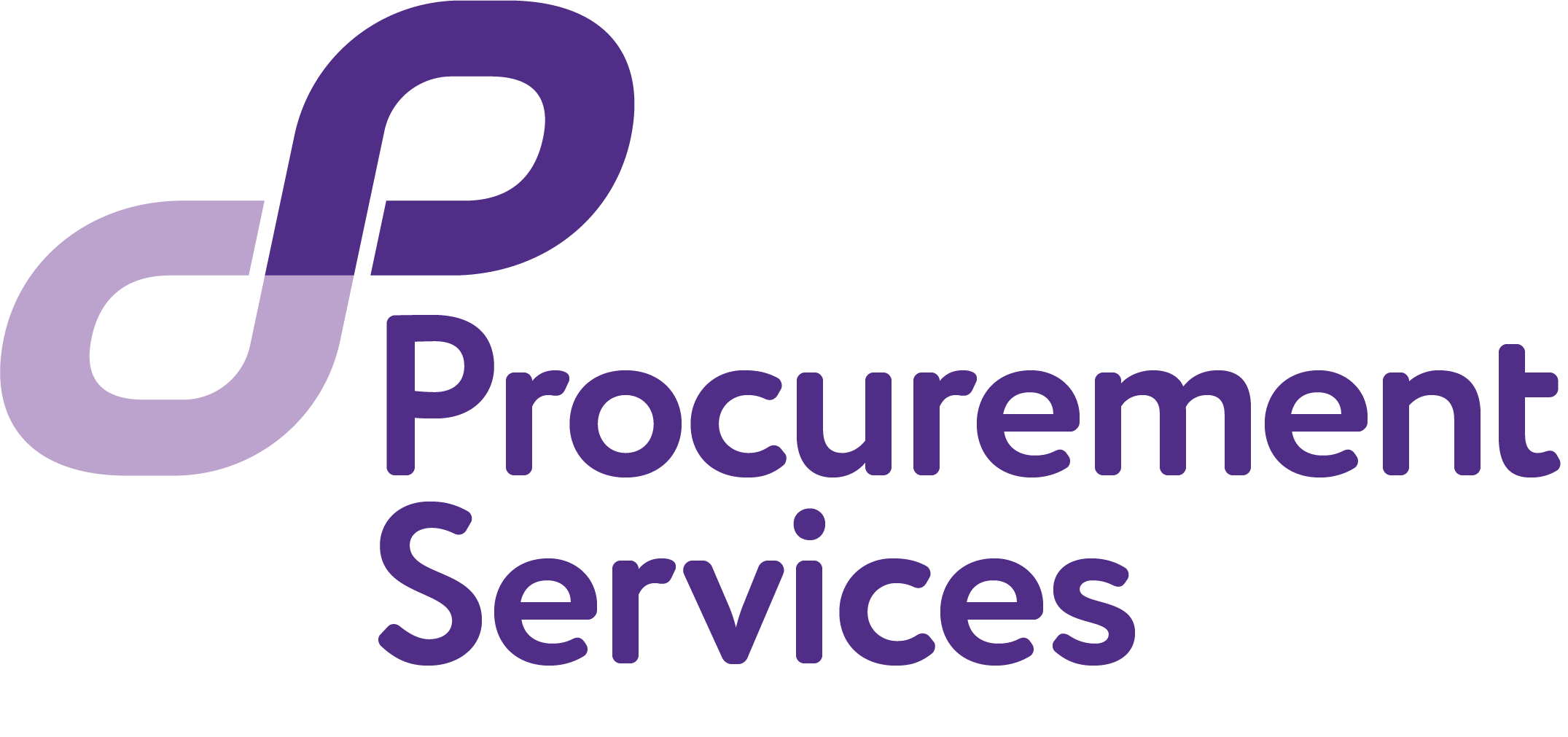Measuring the value of your performance management can be tricky – it’s often a cumbersome and hard to measure process. Do you know if it’s adding value to your business or your people? Added to that challenge, is the constant wave of reports of new scientific findings, new thinking and revolutionary organisations that are challenging the more conventional frameworks. It’s tough to know what you should be doing and what’s right for your organisation. I’ve written this blog to provide some clarity and a valuable life raft.
So what is behind the drive to change? According to the Corporate Executive Board (CEB) in 2014, a staggering 95% of managers are dissatisfied with the Performance Management system in their organisation, and 90% of HR heads believe they do not yield accurate information.
The world we operate in has changed. Employees now have different expectations of the organisation they work for and their career. They see their line manager as an enabler and an inspiration, with the autonomy and flexibility to treat them as individuals. Consequently line managers are having to adjust their management style, from day to day delivery of policy to ongoing leadership and nurturing.
And the environment itself has changed. The term VUCA, originally created by the US War College to define the new style of combat, stands for volatile, unpredictable, complex and ambiguous, has been adopted by the business world. It describes the chaotic, turbulent, and rapidly changing business environment that has become the “new normal”.
We feel the pressure to change from others. A constant need to reinvent ourselves is fuelled by the high profile revolutionary companies that are making radical changes to the way they manage people. Companies such as Adobe, Facebook and Valve have completely changed the way they manage performance. Ranking by colleagues instead of reviews, continuous feedback and totally removing formal reviews, are some of the new practices they’ve brought in. And this makes us question ourselves and the way we do things.
The fourth pressure to change is from the business itself. More is being asked of HR - driving performance, demonstrating value and understanding where the real talent lies has become paramount. How does that demand fit with these new ideas or the old models?
Clearly performance management has to change, but while there is no room for the conventionalist, the revolutionist’s proposition may be a step too far for most companies. I’ve created a list of philosophies for you to consider in your performance management planning, they may help you ride the waves:
- Pass ownership to employees: To be effective, performance management has to move away from an HR imposed process and a line management tick box exercise. Employees need to own their performance, development and look for opportunities.
- Eliminate categorising employees: Rating/ranking an employee often has a lasting negative impact and the valuable discussion points are quickly forgotten. The conversation is the most important aspect - it’s about coaching, motivating, engaging and improving. Employees want to know how they perform relative to their potential and unique talents, not against their colleagues.
- Move away from ‘once a year’: An annual review triggers the defence mechanisms in a person (fight or flight) – not a great start to a conversation. It lacks meaning and relevance so far after the event. In today’s world of real time and instant everything; the same has to happen with feedback and development. Make your performance management a continuous and engaging process.
- Encourage building of alliances: Trust, and an adult to adult relationship is vital. Forward looking companies are creating collaboration/alliances with, and between, employees.
- Understand the impact of performance: Reviewing and analysing performance data to identify high performing teams, individuals, and disengaged employees is a must do process. It will provide insight into how to increase performance and engagement, and to reduce turnover. It does require back office categorisation to effectively analyse impact.
- De-link reward: Base pay should be current and linked to market value rather than performance review. Employees that meet their potential, will increase their own market worth. Use the other elements of reward such as variable pay and recognition to acknowledge effort, impact and value.
Managing Performance tends to be viewed negatively, but businesses that really engage their employees, see it differently. They see that it drives business performance and success by empowering, nurturing and developing their workforce - they want their employees to do the best they can and to reach their future potential. So let’s stop talking about managing performance and start talking about empowering talent.
As a bit of fun … we developed a simple diagnostic to see what type of performance management approach you use or want to use. Here’s the link, give it a go and let me know which Superhero you are … email me at Sarah.lardner@innecto.com.











